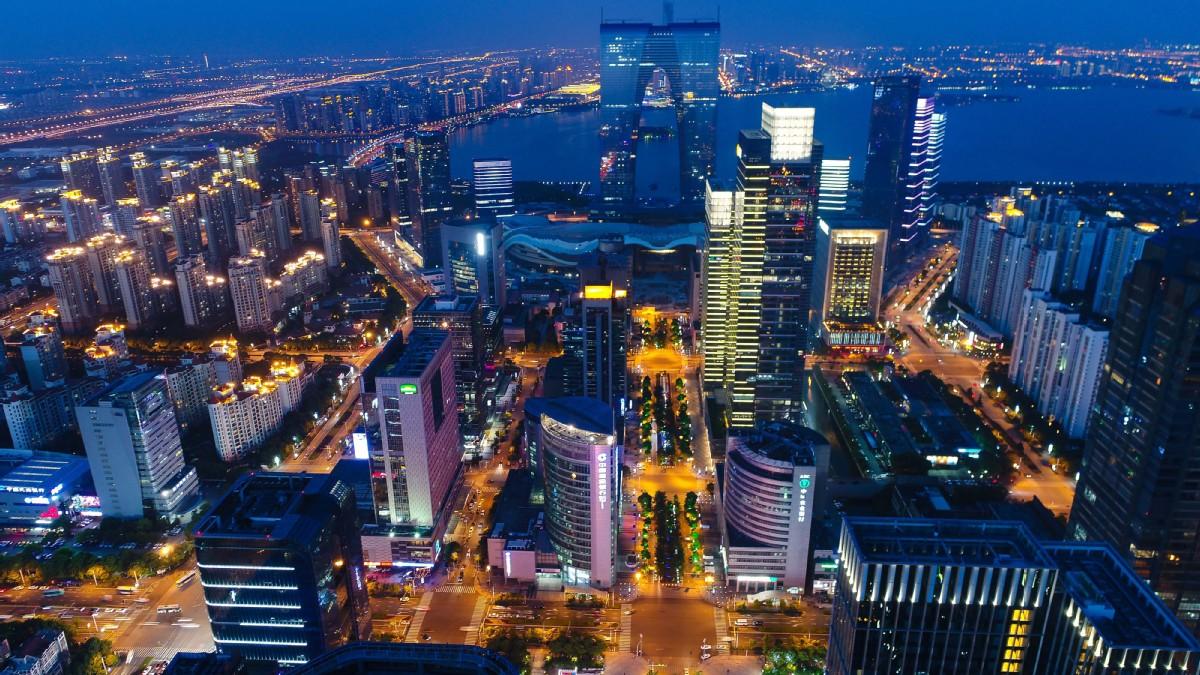By Yu Hong
Singapore's former Prime Minister Lee Hsien Loong handed over his official resignation and that of the entire government to President Tharman Shanmugaratnam on May 13. After accepting his resignation, Shanmugaratnam appointed Deputy Prime Minister and Finance Minister Lawrence Wong as the next prime minister and invited him to form a new cabinet. On May 15, Lawrence Wong officially took office as Singapore's new prime minister.
Singapore has transformed itself from a third-world country in the early days of its founding to a first-world country today. Singapore is an important regional and global transshipment hub, petrochemical center and financial center. It is one of the most connected countries in the world.
Singapore holds the southeastern part of the Strait of Malacca, which is one of the world's busiest shipping routes and is vital for global trade and maritime logistics. The Port of Singapore is one of the busiest transshipment ports in the world.
Singapore strives to maintain and expand regional and global trade networks, and participates in, and leads, the formulation of regional economic and trade rules and mechanisms (e.g. the Comprehensive and Progressive Agreement for Trans-Pacific Partnership and the Digital Economy Partnership Agreement). These will not only help attract more multinational companies to invest in Singapore, but also bring new jobs and development opportunities. Moreover, it is conducive to Singaporean enterprises to better enter the overseas market and seek business opportunities.
Since its accession to the World Trade Organization in 2001, China's economy has achieved rapid growth and gradually integrated into the world economy. A stable, prosperous, and actively participating China in international affairs is essential for the improvement of the global governance system. Singapore welcomes China's efforts to strengthen ties with ASEAN and its member states.
Singapore and China established formal diplomatic relations in October 1990. Since the establishment of diplomatic relations, the two countries have had frequent exchanges at various levels. In April 2023, Singapore and China established an "all-round high-quality forward-looking partnership." China is Singapore's largest trading partner in commodities, and Singapore is China's largest foreign investor.

Night view of the China-Singapore Suzhou Industrial Park. [Photo/Xinhua]
As a small country lacking resources and hinterland, Singapore's economic development is inseparable from the world market. Singapore has been deeply involved in China's reform and opening-up process and the development of local provinces and cities in China. Singapore and China have three government-to-government cooperation projects, including the Suzhou Industrial Park, the Tianjin Eco-City and the China-Singapore (Chongqing) Demonstration Initiative on Strategic Connectivity, as well as a number of local cooperation projects, including Guangzhou Knowledge City, Jilin Food Processing Zone and Shenzhen Smart City.
The two countries have already cooperated closely in high-tech fields such as artificial intelligence, big data, electric vehicles, biotechnology and aerospace. Since the early 1990s, Singapore and China have also carried out fruitful cooperation in cadre training.
Singapore was one of the first countries to support and participate in the Belt and Road Initiative and is one of the founding members of the Asian Infrastructure Investment Bank. It is also an important destination for China's outward foreign direct investment. Based on Singapore's well-established infrastructure, connectivity, efficient and transparent governance, as well as its status as a globally important financial center and shipping hub, Singapore has become the regional operational headquarters for many Chinese enterprises entering Southeast Asia.
Singapore is a highly open island economy that is vulnerable to changes in external factors. In the face of changes in the global geopolitical situation and the intensification of great power competition, Singapore does not depend on any major power and will not choose sides between China and the United States. It has strived to maintain and strengthen friendly relations with all major powers.
Singapore's new government is expected to adopt the country's sustained and stable domestic and foreign policies, continue to expand external ties, and strengthen relations with ASEAN countries, China, the United States and other partner countries, in seeking to create a favorable external environment for Singapore's national development.
Yu Hong, a special commentator on current affairs for CGTN, is a senior research fellow of the East Asian Institute, National University of Singapore.

 中文
中文



